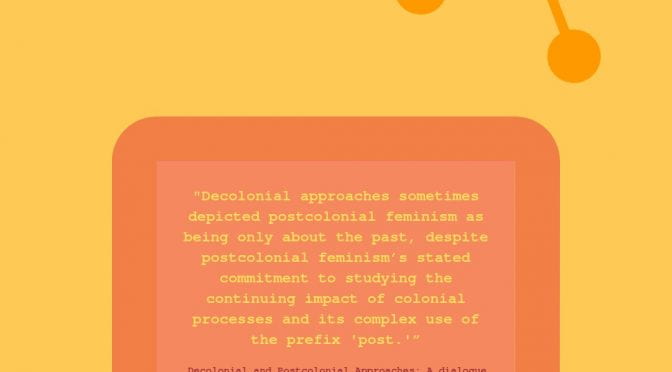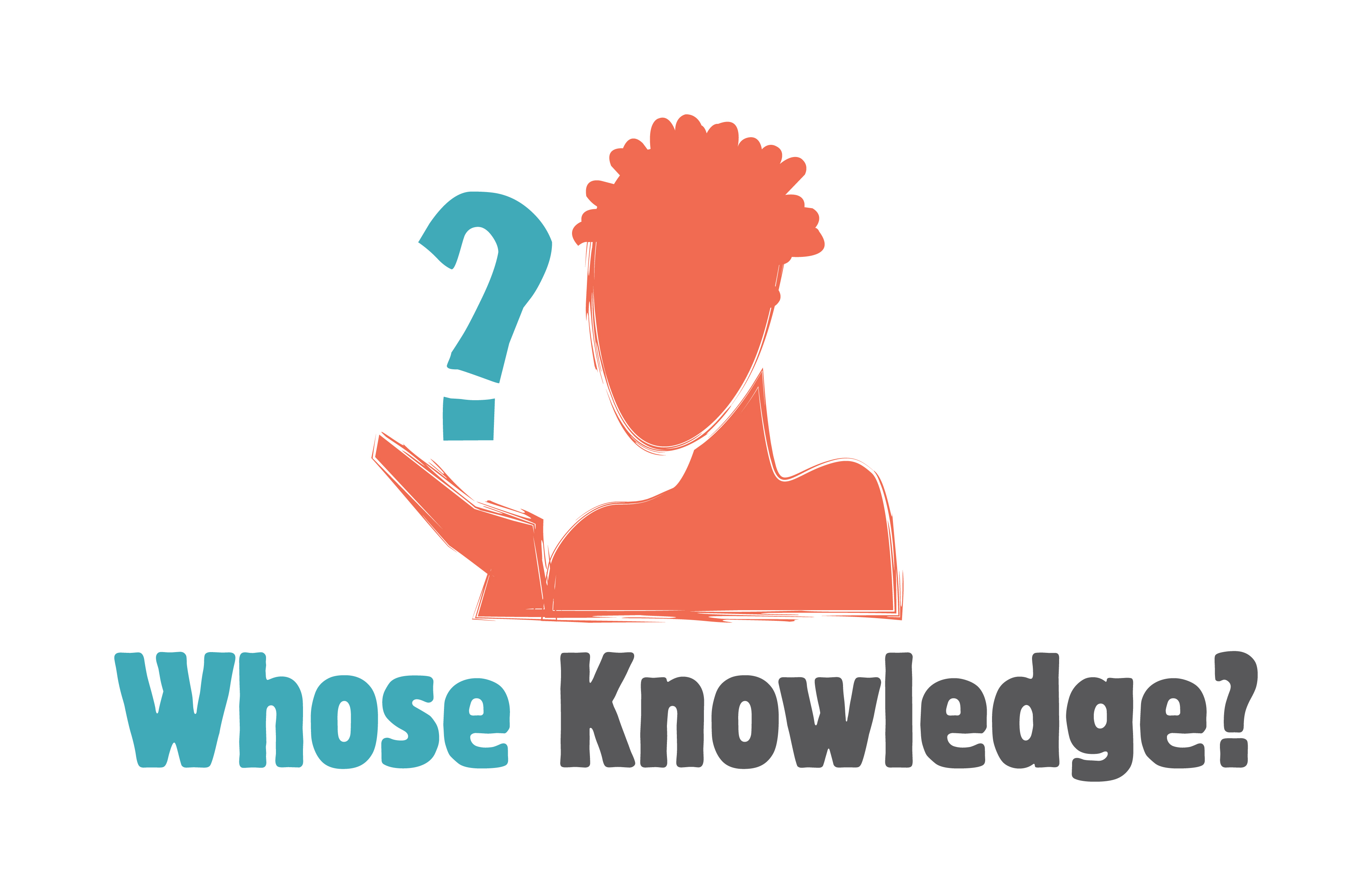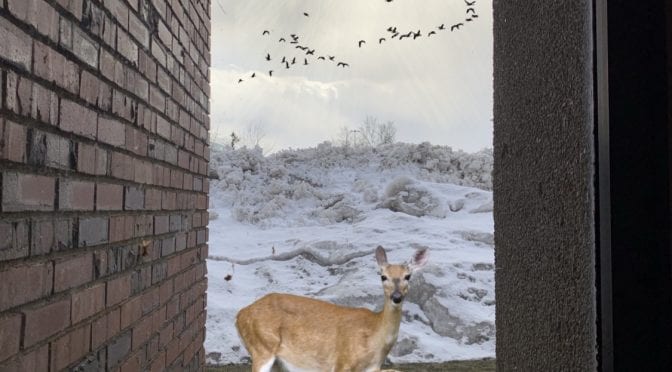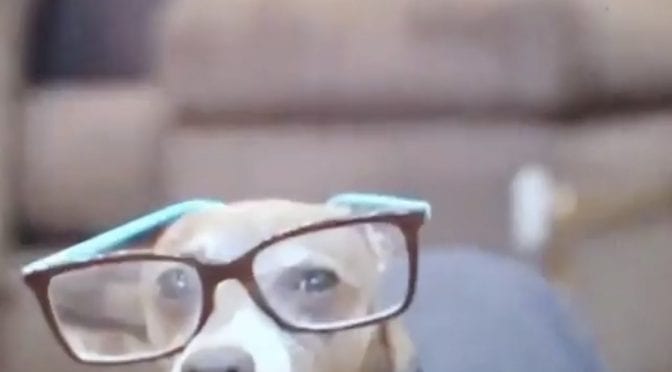In choosing quotes to collect and represent my experience in this course, I first looked back into my notebook where I noted particular readings and passages that I felt to be foundational in my understanding of anticolonial, postcolonial, and decolonial discourse. I began the collection with a quote from Remedios because it has been most fresh in my mind, and I felt like it set the tone for what was to come. Aurora Levins Morales writes a perspective that has been and is systematically erased from history, and digs deep to reveal those that are overlooked. The specific quote says that the reader is about to embark on a journey of two intertwining stories, which is sorta how I view my education throughout this class. I came in with what I was taught, although I would not say there is only my story and the “other” story, but I think it illuminates nicely what follows. Next I kind of just arranged the rest of my photos in a way that looked nice and made sense to me after designing them, and then from there I re-read them chronologically to sift and see if any positions should shift. The five quotes which follow suite have a certain energy of revealing and coming to terms with oneself which I feel is necessary, at least for myself. In this process I was able to discover things about myself, understand the implications of my actions or lack thereof, gain a more complex understanding of gender and race, and just how deep colonial roots grow. These quotes/authors also enable one to again understand the discourses (in my opinion) in a deeper way I feel, and characterize colonialism for what it is, does, and continues to do. The last four of the collection to me represented a shift in tone for this piece, as it shifts to various experiences and perspectives. Tuck and Yang’s quote definitely feels like a call to action, but one could argue that these four are all a call of some sort, a call for us (me) to listen, observe, and hopefully aid in producing helpful, beneficial, liberatory, and resistant results. To me, the topics of colonialism are woven into feminism, as many issues that mainstream feminists seem to seek to eradicate have colonial ties, and not to mention the whole ‘no one is free until we are all free.’ It feels necessary, at least to me, to learn from and read these conversations, as they play a large part in liberatory justice.
Quotes as they appear:
- Remedios, Aurora Levins Morales, xxiv
- The Coloniality of Gender, María Lugones, 16
- Spivak and Rivera Cusicanqui on the Dilemmas of Representation in Postcolonial and Decolonial Feminisms, Kiran Asher, 524
- Heterosexualism and the Colonial : Modern Gender System, María Lugones, 202
- Decolonizing-Trans-Imaginary-Intro-308-19-tbnyp0, Aizura et al, 317
- Latin American Decolonial Studies- Feminist Issues, Sandra Harding, 628
- Imaging Puerto Rican Natives, 1890-1920, Hilda Lloréns, 29
- Decolonization-is-not-a-metaphor, Eve Tuck & K. Wayne Yang, 19
- decolonizing-feminist-freedom, Allison Weir, 263
- Beyond Nationalist and Colonialist Discourses-The Jaiba Politics of the Puerto Rican Ethno-Nation, Grosfogul et al, 15






